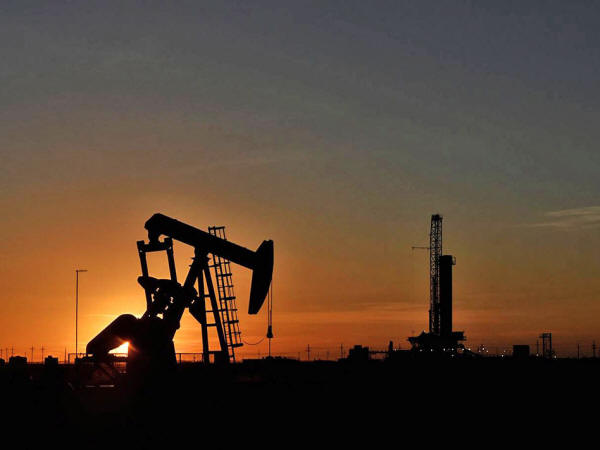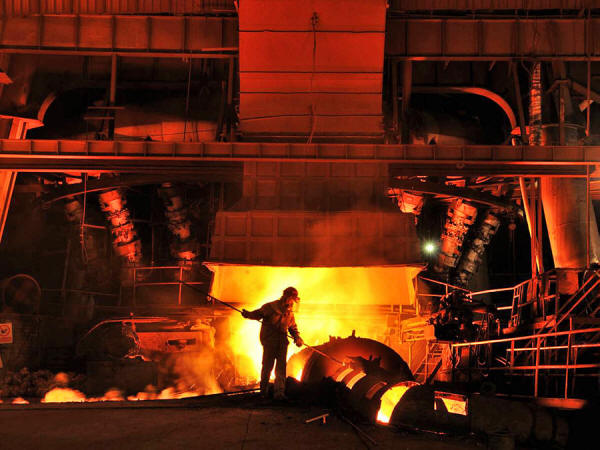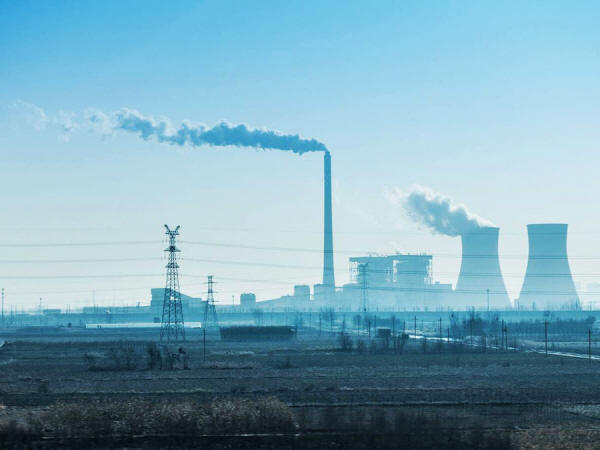|
from
Independent Website by inefficient fossil fuel production and escalating costs of climate change (Reuters)
As the era of cheap energy comes to an end, capitalist thinking is struggling to solve the huge problems facing humanity.
So how do we
respond...?
This is how UN scientists are preparing for the end of capitalism
So suggests a new report commissioned by a group of scientists appointed by the UN secretary general.
The main reason? We're
transitioning rapidly to a radically different global economy, due
to our increasingly unsustainable exploitation of the planet's
environmental resources and the shift to less efficient energy
sources.
Contrary to the way
policymakers usually think about these problems these are not really
separate crises at all.
Conventional capitalist
economic thinking can no longer explain, predict or solve the
workings of the global economy in this new age.
Producing usable energy ("exergy") to keep powering,
At the same time, our hunger for energy is driving what the paper refers to as "sink costs."
The greater our energy
and material use, the more waste we generate, and so the greater the
environmental costs. Though they can be ignored for a while,
eventually those environmental costs translate directly into
economic costs as it becomes more and more difficult to ignore their
impacts on our societies.
Overall, the amount of energy we can extract, compared to the energy we are using to extract it, is decreasing,
We're using more and more energy to extract smaller quantities of fossil fuels.
(Getty)
The IGS is supported by a range of UN agencies including,
...and the World Bank.
Invited background
documents are used as the basis of the GSDR, but what ends up in the
final report will not be known until it is released next year
(2019).
As the ecological and
economic costs of industrial overconsumption continue to rise, the
constant economic growth we have become accustomed to is now in
jeopardy. That, in turn, has exerted massive strain on our politics.
Conventional economic models, the Finnish scientists note,
The scientists refer to the pioneering work of systems ecologist Professor Charles Hall of the State University of New York with economist Professor Kent Klitgaard from Wells College.
This year, Hall and
Klitgaard released an updated edition of their seminal book,
Energy and the Wealth of Nations - An
Introduction to BioPhysical Economics.
They refer to the concept of "energy return on investment" (EROI) as a key indicator of the shift into a new age of difficult energy.
EROI is a simple ratio that measures how much energy we use to extract more energy.
Decades ago, fossil fuels had very high EROI values - a little bit of energy allowed us to extract large amounts of oil, gas and coal. But as I've previously reported, this is no longer the case.
Now we're using more and more energy to extract smaller quantities of fossil fuels. Which means higher production costs to produce what we need to keep the economy rolling.
The stuff is still there in the ground - billions of barrels worth to be sure, easily enough to fry the climate several times over. But it's harder and more expensive to get out.
And the environmental
costs of doing so are rising dramatically, as we've caught a glimpse
of with this summer's global heat-wave.
Earlier in August,
billionaire investor Jeremy Grantham - who has a track record
of consistently calling financial bubbles - released an update to
his April 2013 analysis, The Race of Our Lives.
Grantham's verdict is that,
Efforts to account for
these so-called 'externalities' by calculating their actual costs
have been well-meaning, but have had negligible impact on the actual
operation of capitalist markets.
the greater our energy and material use, the more waste we generate, and so the greater the environmental costs
(Getty)
Yet for all his prescience and critical insights, Grantham misses the most fundamental factor in the great unraveling in which we now find ourselves:
Grantham's blind eye is mirrored by the British economics journalist Paul Mason in his book Postcapitalism - A Guide to Our Future, who theorizes that information technology is paving the way for the emancipation of labour by reducing the costs of knowledge production - and potentially other kinds of production that will be transformed by AI, blockchain, and so on... to zero.
Thus, he says, will
emerge a 'utopian'
postcapitalist age of mass
abundance, beyond the price system and rules of capitalism.
His digital uprising is
projected to
consume evermore vast quantities of
energy (as much as
one-fifth of global electricity by 2025),
producing 14 per cent of global carbon emissions by 2040.
And so we have moved into a new, unpredictable and unprecedented space in which the conventional economic toolbox has no answers.
As slow economic growth simmers along, central banks have resorted to negative interest rates and buying up huge quantities of public debt to keep our economies rolling.
But, what happens after these measures are exhausted?
Governments and bankers are running out of options.
Having identified the gap, they lay out the opportunities for transition.
But capitalist markets will not be capable of facilitating the required changes - governments will need to step up, and institutions will need to actively shape markets to fit the goals of human survival.
In this low EROI future, we simply have to accept the hard fact that we will not be able to sustain current levels of economic growth.
The economic transition must involve efforts "to lower total energy use."
is one
way to lower energy use (Getty)
City planning needs to adapt to the promotion of walking and biking, a shift toward public transport, as well as the electrification of transport.
Homes and workplaces will
become more connected and localized. Meanwhile, international
freight transport and aviation cannot continue to grow at current
rates.
Climate change and oil-intensive agriculture have unearthed the dangers of countries becoming dependent on food imports from a few main production areas.
A shift towards
food self-sufficiency across both poorer and richer
countries will be essential. And ultimately, dairy and meat should
make way for largely plant-based diets.
Right now, the prospects for this look slim.
But the new paper argues that either way, change is coming. Whether or not this system still comprises a form of capitalism is ultimately a semantic question.
It depends on how you define capitalism.
|





